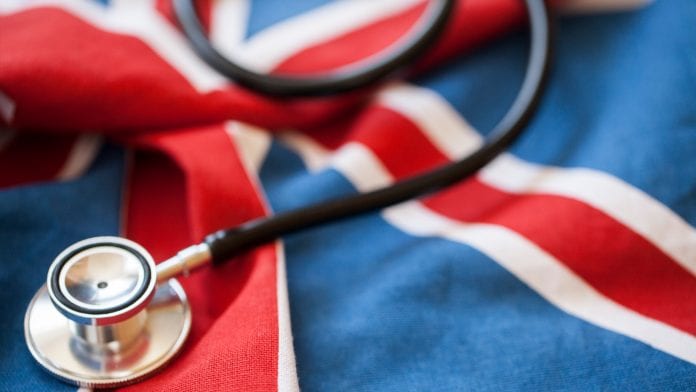
A new survey from the British Medical Association (BMA) has shown that NHS doctors have low confidence that the NHS will return to normal service by autumn.
The BMA survey shows that the majority of doctors think ambitions to get the NHS back to near-normal service by autumn are unlikely to be realised, highlighting the sheer scale of the challenge of tackling an ever-growing backlog of care after the first peak of COVID-19.
NHS England recently set targets to resume normal levels of activity over the next few months, but when asked by the BMA whether it thought these would be met, 70% of more than 3,000 doctors who responded said this was either highly (40%) or fairly (30%) unlikely.
Dealing with an NHS backlog
The scale of the backlog built up during the pandemic has been revealed in the survey, with a third of doctors saying they thought it would take more than a year to clear waiting lists for elective procedures.
Other key findings from the BMA’s latest tracker survey of doctors in England and Wales include; 60% of doctors said they were not very or not at all confident in their local health economy managing demand as normal NHS services resume; half of doctors said they were not very or not at all confident in being able to manage a second wave of COVID-19; and 26% of doctors said that in the last two weeks non-COVID demand had increased to pre-pandemic levels, with 17% saying that demand is now even higher than it was before.
The survey results come after NHS figures on Thursday showed record waits in a number of areas, including the wait between being referred by a GP to first treatment, and the number of people waiting longer than a year for treatment rising to the highest in over a decade.
BMA analysis of the latest figures also show regions that are particularly impacted, with Dorset and areas in the North East and Essex facing the longest waits for treatment at 20 weeks or longer.
Patients should wait no longer than 18 weeks from referral by a GP to treatment in England, and the national target is to have 92% treated within this timeframe. However, statistics this week showed that nationally, only 52% were, and the BMA analysis shows that in one area this figure was as low as 38%10.
Dr Chaand Nagpaul, BMA Council Chair, said: “These survey findings underline the sheer scale of the challenge for the NHS in the coming months, and the anxiety and concern felt by already exhausted frontline doctors as they look ahead to what will likely be one of the most challenging times of their careers.
“Although staff are being told that the NHS will begin to return to ‘business as usual’ they have little confidence that it will be able to cope with the backlog of millions of patients left untreated during the first spike of the pandemic. Doctors are worried for their patients and the risk of their condition deteriorating as a result of further delays, given that more than 50,000 patients are already waiting longer than 12 months for treatment – 46-fold the number from a year ago – and 45% of doctors told us they are seeing patients presenting later than before with their symptoms11.
“At the same time, doctors are really fearful of how the NHS will cope if a second wave of Covid19 hits, which could be devastating for the health service if it arrives in winter and amid a potential flu outbreak. We must do all we can to avoid another peak now, focusing on prevention, and maintaining clear, consistent public health measures and messaging.”
Learning the lessons of COVID-19
Dr Nagpaul highlighted that the UK must learn the lessons from the last few months, including making the most of technology and cutting down on burdensome bureaucracy that takes doctors away from treating patients, and that it is vital that to continue to make efforts to retain as many staff as possible.
He said: “The most recent waiting time data speaks for itself, with patients waiting unacceptably long times for treatment. But the Government and NHS England also need to be honest with both healthcare staff and patients about the backlog we’re facing. They must produce a clear strategy of how we can manage this increased demand, working with clinicians to prioritise those patients most in need of care, while at the same time being able to continue treating people who are still suffering with COVID-19. And crucially, doctors do not want patients avoiding the health service and risk getting much sicker as a result.
“Doctors need to be given the opportunity to rest and take care of their wellbeing alongside tackling the backlog of care – we cannot have tired and ill doctors treating patients. And they and their employers shouldn’t be penalised if they cannot meet these targets.
“This pandemic has brought sharply into focus how underfunded and understaffed the health service has been in recent years. Now is the time to address this and properly fund the NHS, increase staffing numbers and give it the resources and capacity required to meet the needs of patients not just in the wake of a health emergency but in the long term.”










